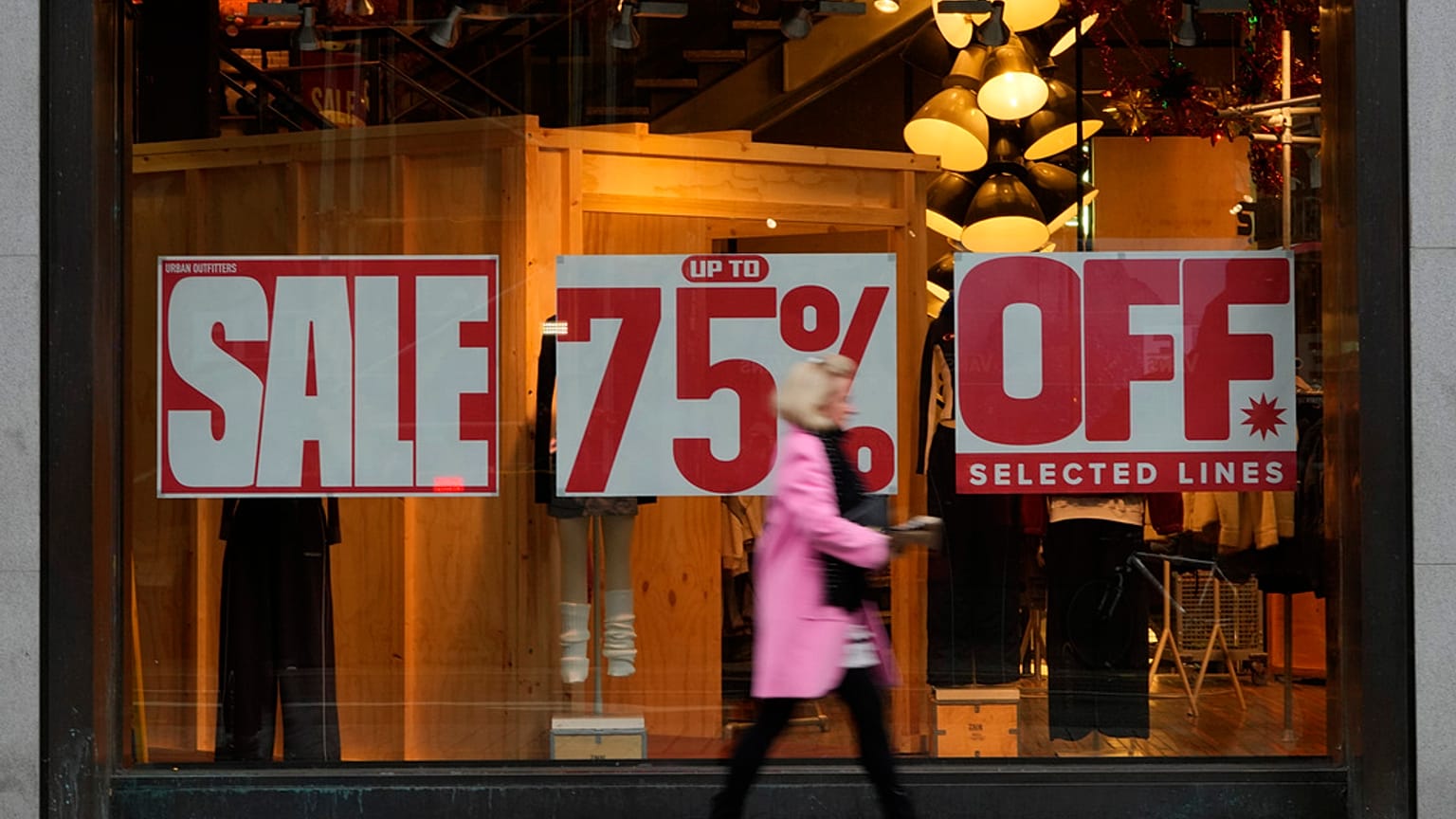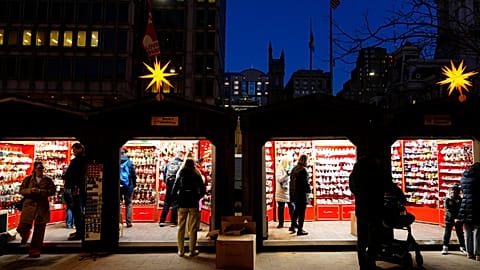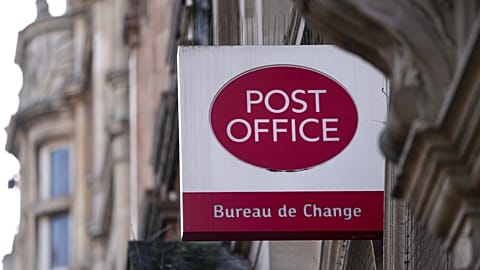Clothing and footwear prices, as well as furniture and household goods prices drove UK inflation up in December 2023.
UK inflation unexpectedly rose to 4% in December, marking the first hike in 10 months, according to new figures released on Wednesday.
 ADVERTISEMENT
ADVERTISEMENT
 ADVERTISEMENT
ADVERTISEMENT
The year-on-year numbers, released by the Office for National Statistics, were above the almost two-year lows of 3.9% seen in November, as well as consensus estimates of 3.8%.
Increases in clothing and footwear, communication, alcohol and tobacco, recreation and culture, as well as furniture and household goods prices mainly drove up this number.
Year-on-year core inflation for December was 5.1%, the same as November, but still higher than market forecasts of 4.9%.
Month-on-month inflation in December was 0.4%, quite a step above November’s -0.2% and a notch higher than consensus estimates of 0.2%. December's month-on-month core inflation was revealed to be 0.6%, above November's -0.3%, as well as analyst estimates of 0.4%.
What could this hike in inflation mean for the UK economy?
The UK's battle against inflation is clearly far from over, according to experts.
Lily Megson, policy director at My Pension Expert the surprise rise "has dealt yet another blow to many consumers who are trying to rebuild their savings after they've been through the past two years".
"The question, crucially, is how can Britons restore their financial confidence and get to grips with this ever-moving economic climate?" she added.
The sudden rise in inflation could potentially dampen investor hopes that the Bank of England may consider cutting interest rates sometime soon this year.
However, since it is only the first increase in 10 months, the central bank may choose to wait and see how inflation behaves in the next few months, before making a decision.
The UK's November gross domestic product (GDP) figures were encouraging, increasing to 0.3% from October's -0.3%, due to a boost in production and services. This could potentially point towards the UK economy starting to recover from the extended effects of the pandemic and energy crisis, as well as slow economic growth.
However, shipping disruptions in the Middle East could very well cause the prices of some goods in the UK to increase, as supermarket chain Tesco already warned, potentially leading to higher inflation in the coming months.
Regardless, accelerating inflation shouldn't spook investors, according to experts.
"This is not the news that people wanted to see at the start of a new year," said Jatin Ondhia, CEO of real estate investment company Shojin. "But investors shouldn't let this shock increase derail their plans. It was just 0.1% and given interest rates remain elevated, there are new opportunities."
"The question is whether this is a blip, or it signifies more inflation troubles in 2024," he added. "If indeed inflation does start to steadily fall again, the base rate is also expected to be cut later this year. So people will need to consider how they respond to these shifts, as well as broader considerations, such as 'What happens if the UK economy enters a recession?'"

















